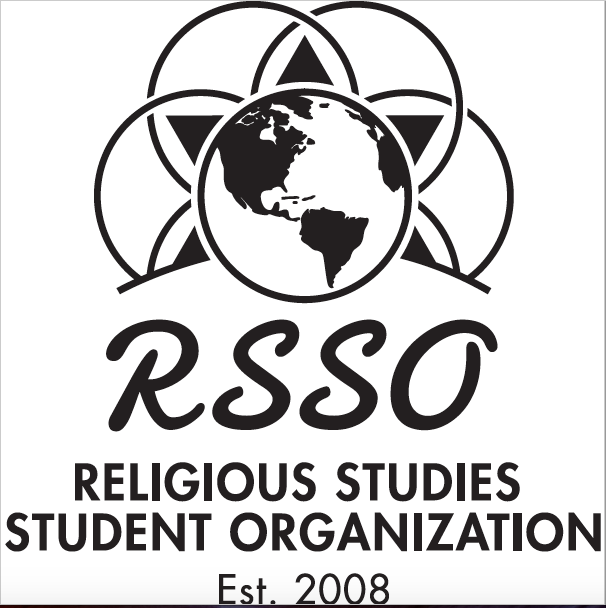Start Date
10-4-2021 10:35 AM
End Date
10-4-2021 11:40 AM
Abstract
During the course of life, individuals go through psychological and spiritual crises such as middle-age crisis, the crisis of confidence, the crisis of faith, and so on. As every individual is unique, their ways of coping with and overcoming crises differ significantly. One of the most influential scholars and philosophers of Islamic thought, Al-Ghazali, for instance, faced an intense spiritual crisis during the golden age of his career. He started doubting everything, including his faith. He judged everything and everyone around him, including himself. He even got to a point where he was not able to speak and function as a professor. After forsaking his eminence, wealth, and loved ones, he found peace in seclusion, invoking God and worship. Thus, he overcame the crisis and completed his journey of self-completion and pursuit of the truth. The mysticist Islamic approach to life embraces seclusion from society and contemplation. The Muslim theologian and thinker Ibn Hazm states that dedicating yourself to God is the only way to cope with personal crises and attain happiness. As he asserts, someone who works to gain wealth in this world gives emeralds in exchange for pebble stones; a wise man does not accept anything besides heaven for his deeds. In the mysticist approach, turning away from this transient and illusory world is necessary for salvation in the other world and happiness in this world.
On the other hand, some people who suffer from personal crises, especially social anxiety or avoidance, find inclusion in society and exposure to social interactions helpful. By communicating, interacting with each other, helping, sharing and cooperating, they hope to overcome their personal crises. With the inclusion in the society, the individual may feel as a part of a strong community and it would help with his journey of overcoming crises.This study has examined the two prominent approaches to overcoming personal crises: the highly spiritual way of seclusion and inclusion in society. We intended to illustrate a vast array of paths of overcoming personal crises through the analysis of these approaches.
Overcoming Personal Crises and the Role of Spirituality: Seclusion and Inclusion
During the course of life, individuals go through psychological and spiritual crises such as middle-age crisis, the crisis of confidence, the crisis of faith, and so on. As every individual is unique, their ways of coping with and overcoming crises differ significantly. One of the most influential scholars and philosophers of Islamic thought, Al-Ghazali, for instance, faced an intense spiritual crisis during the golden age of his career. He started doubting everything, including his faith. He judged everything and everyone around him, including himself. He even got to a point where he was not able to speak and function as a professor. After forsaking his eminence, wealth, and loved ones, he found peace in seclusion, invoking God and worship. Thus, he overcame the crisis and completed his journey of self-completion and pursuit of the truth. The mysticist Islamic approach to life embraces seclusion from society and contemplation. The Muslim theologian and thinker Ibn Hazm states that dedicating yourself to God is the only way to cope with personal crises and attain happiness. As he asserts, someone who works to gain wealth in this world gives emeralds in exchange for pebble stones; a wise man does not accept anything besides heaven for his deeds. In the mysticist approach, turning away from this transient and illusory world is necessary for salvation in the other world and happiness in this world.
On the other hand, some people who suffer from personal crises, especially social anxiety or avoidance, find inclusion in society and exposure to social interactions helpful. By communicating, interacting with each other, helping, sharing and cooperating, they hope to overcome their personal crises. With the inclusion in the society, the individual may feel as a part of a strong community and it would help with his journey of overcoming crises.This study has examined the two prominent approaches to overcoming personal crises: the highly spiritual way of seclusion and inclusion in society. We intended to illustrate a vast array of paths of overcoming personal crises through the analysis of these approaches.

